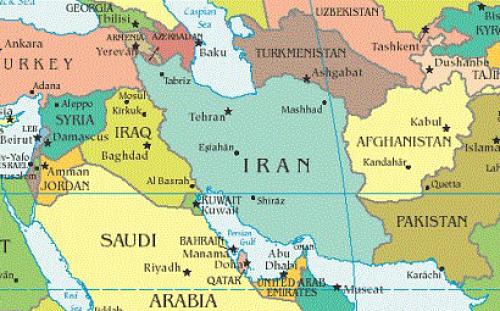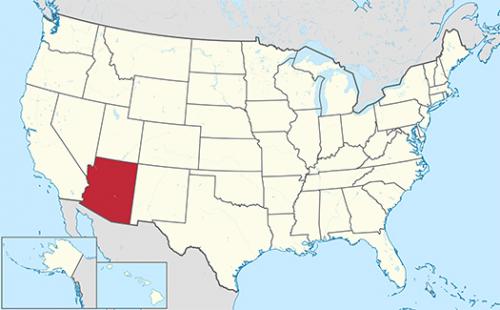04 June 2018 :
the Human Rights Council adopted the final documents resulting from the Universal Periodic Review (UPR) of Tunisia. In his introduction, Mr. Shalva Tsiskarashvili, Vice-President of the Council, recalled Resolution 16/21 of the Human Rights Council, which firmly rejects any act of intimidation or reprisal against individuals and groups that cooperate or have cooperated with the United Nations and its human rights mechanisms. The Vice-President urged States to ensure prevention and adequate protection against such acts. The Vice-Chairperson said that, based on the information received, Tunisia had accepted 189 of the 248 recommendations and had taken note of the remaining 59 recommendations.
The “Final Document” on the Country Review consists of the report of the Working Group on the Universal Periodic Review and additional information provided by the State concerned.
Mr. Mehdi Ben Gharbia, Minister of Relations with Constitutional Institutions and Civil Society and Human Rights of Tunisia, said that the Tunisian Government is working to complete the institutional organization following the political change of recent years . Laws organizing public life, with full respect for fundamental rights and freedoms, have been revised or established, in particular those relating to the fight against racial discrimination. Freedom of conscience, civil, political, economic, social and cultural rights are at the heart of the current Tunisian system, with a special place reserved for women, said the Minister, before pointing out that equality between the sexes was endorsed by the right of women to marry a non-Muslim. Training was provided to law enforcement officers, and an independent public body was established for the prevention of torture, he added.
Tunisia accepted the recommendations to continue the dialogue at national level with a view to reaching a consensus on the abolition of the death penalty in the Constitution, to maintain its de facto moratorium on the application of the death penalty with a view to abolish it entirely and to facilitate a public debate on the death penalty with the assistance of the Commission on Human Rights and other relevant constitutional and civil society bodies with a view to the ratification of the Second Protocol Optional Protocol to the International Covenant on Civil and Political Rights, aiming at the abolition of the death penalty. Tunisia has taken note of the recommendations to ratify the Second Optional Protocol to the International Covenant on Civil and Political Rights and to abolish the death penalty.











